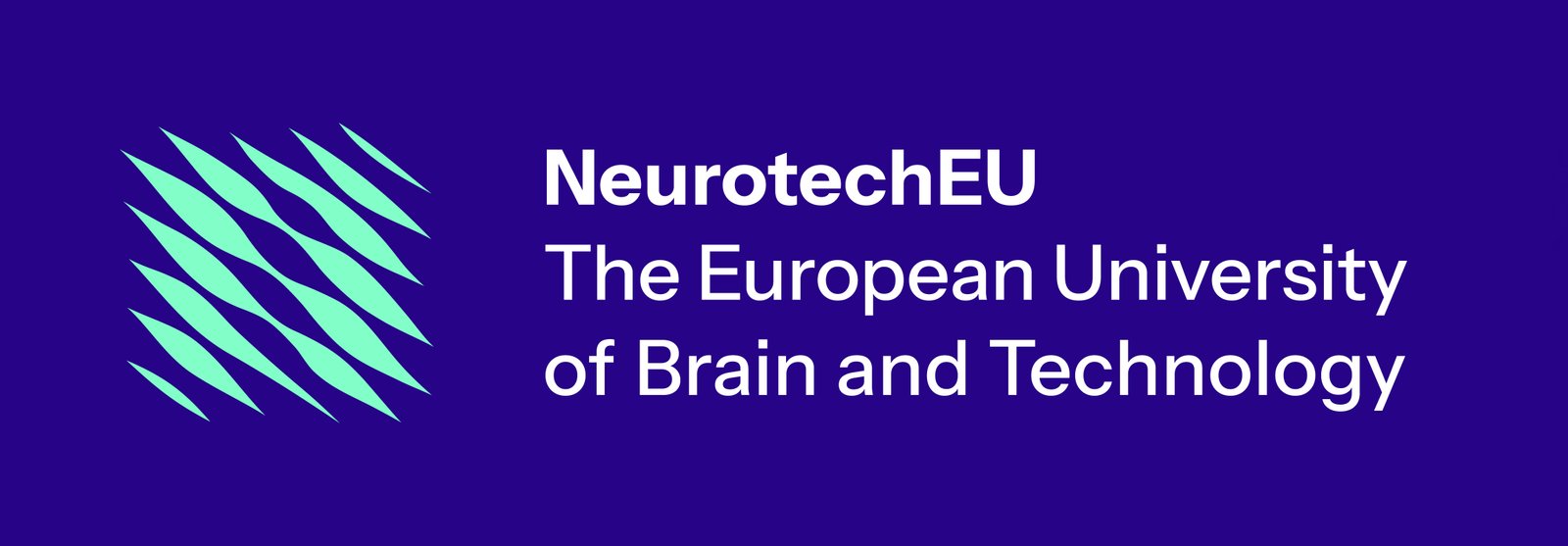Irina Vlad on ESA 2025: “Synergies, Shared Priorities, and New Connections"
Participants collaborated in thematic panels to draft policy recommendations addressing key issues such as mental health, AI, EU democracy, education reform, etc. These recommendations were presented and voted upon by the participating students in a plenary session at the European Parliament. In addition to the general sessions, ESA25 featured dedicated sessions and networking opportunities for representatives of European University Alliances. These sessions facilitated a constructive exchange of experiences, best practices, and ideas.

The lead of the Student Affairs Working Group of NeurotechEU, Irina Maria Vlad, Teaching Assistant and PhD of the member university Iuliu Hatieganu University of Medicine and Pharmacy highlights that: “Initiatives like ESA are invaluable because they empower students to take part in democratic dialogue, nurturing a strong sense of European identity and solidarity”. Furthermore, she insists on the tangible ideas and recommendations that were generated to inform institutional policies and EU-level decisions. Something that inspired Irina Vlad was to observe how seriously students approached their roles. “Across various topics and nationalities, they worked with dedication and openness”, she adds. Attendees remarked on the collaborative atmosphere in which student-authored policy recommendations were developed.
The 2025 ESA edition welcomed more than 50 European University Alliances. The Village of Alliances was a space reserved for European Universities’ Alliances stands where the different alliances had the opportunity to present their missions and activities. As Vlad explains: “We discovered unexpected synergies, shared priorities, and formed new connections.”
The European Student Assembly is part of EUC Voices, an Erasmus+ Cooperation Partnerships project co-funded in 2023 by the European Commission.

